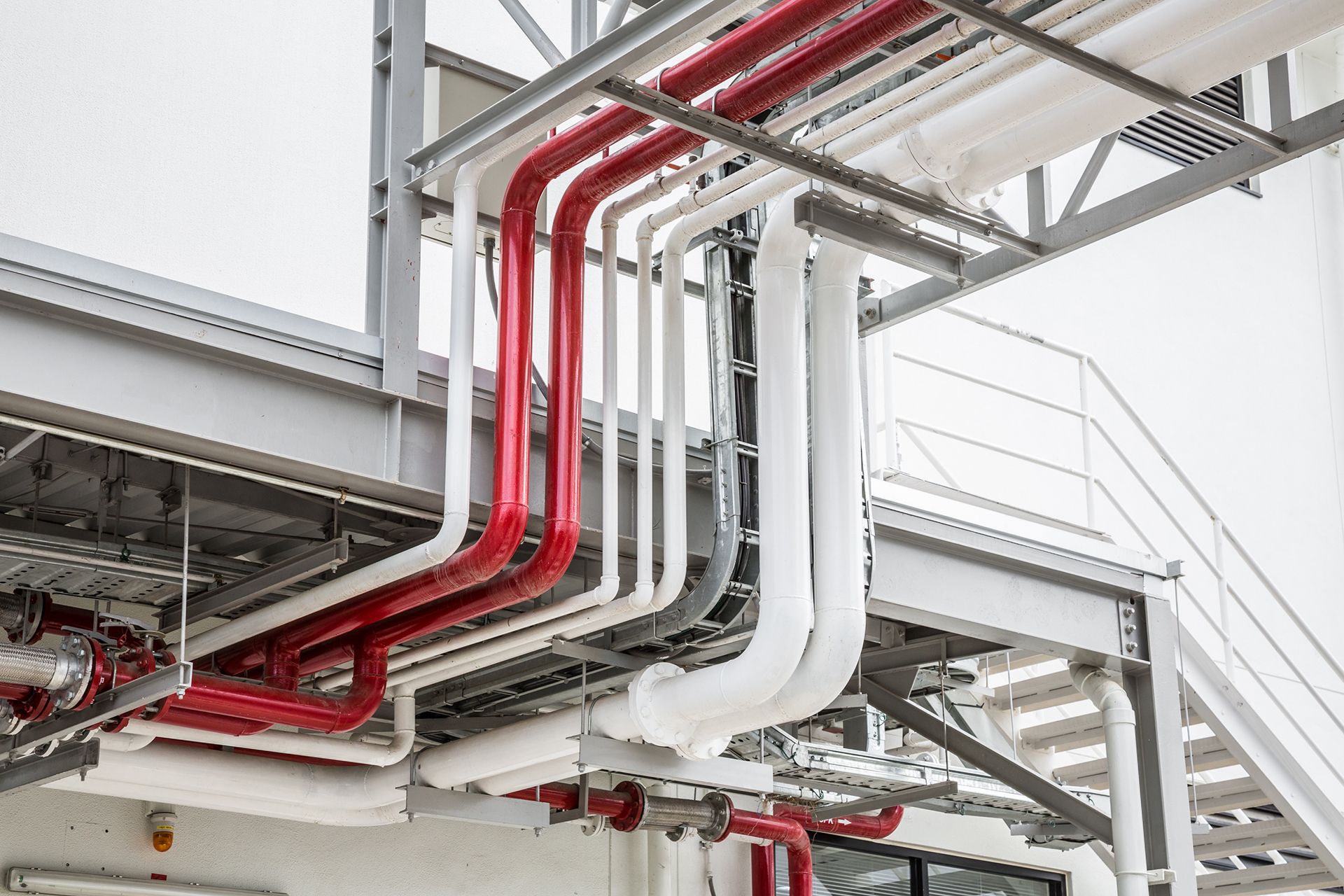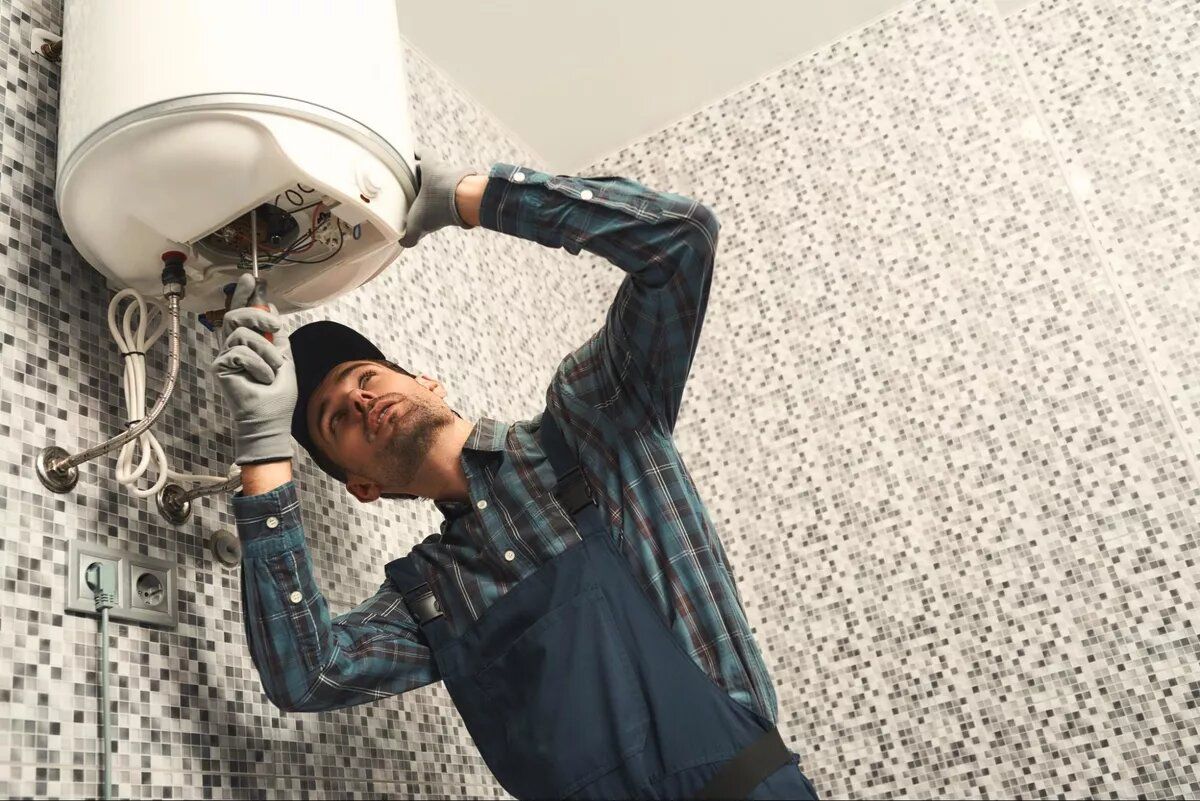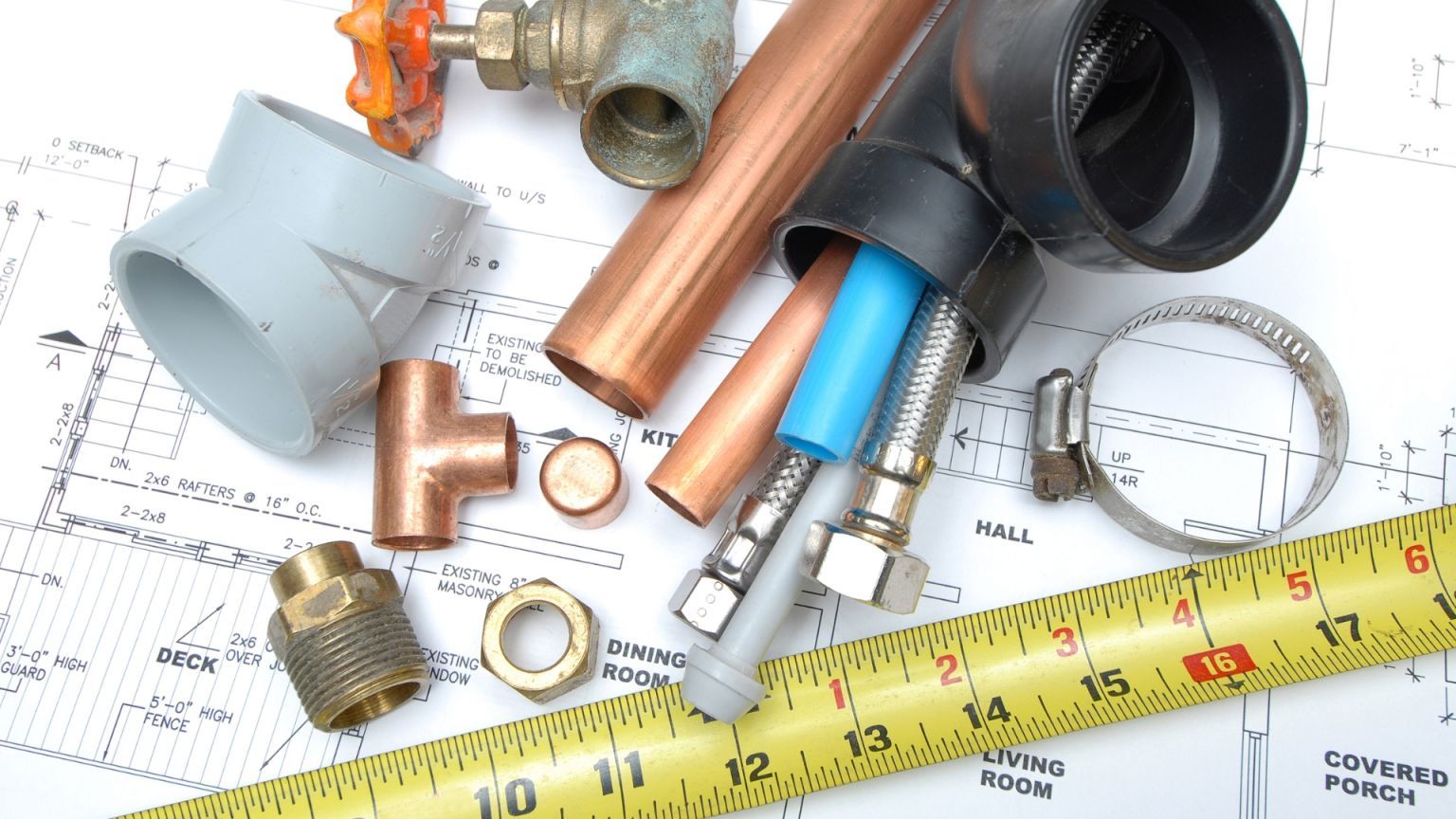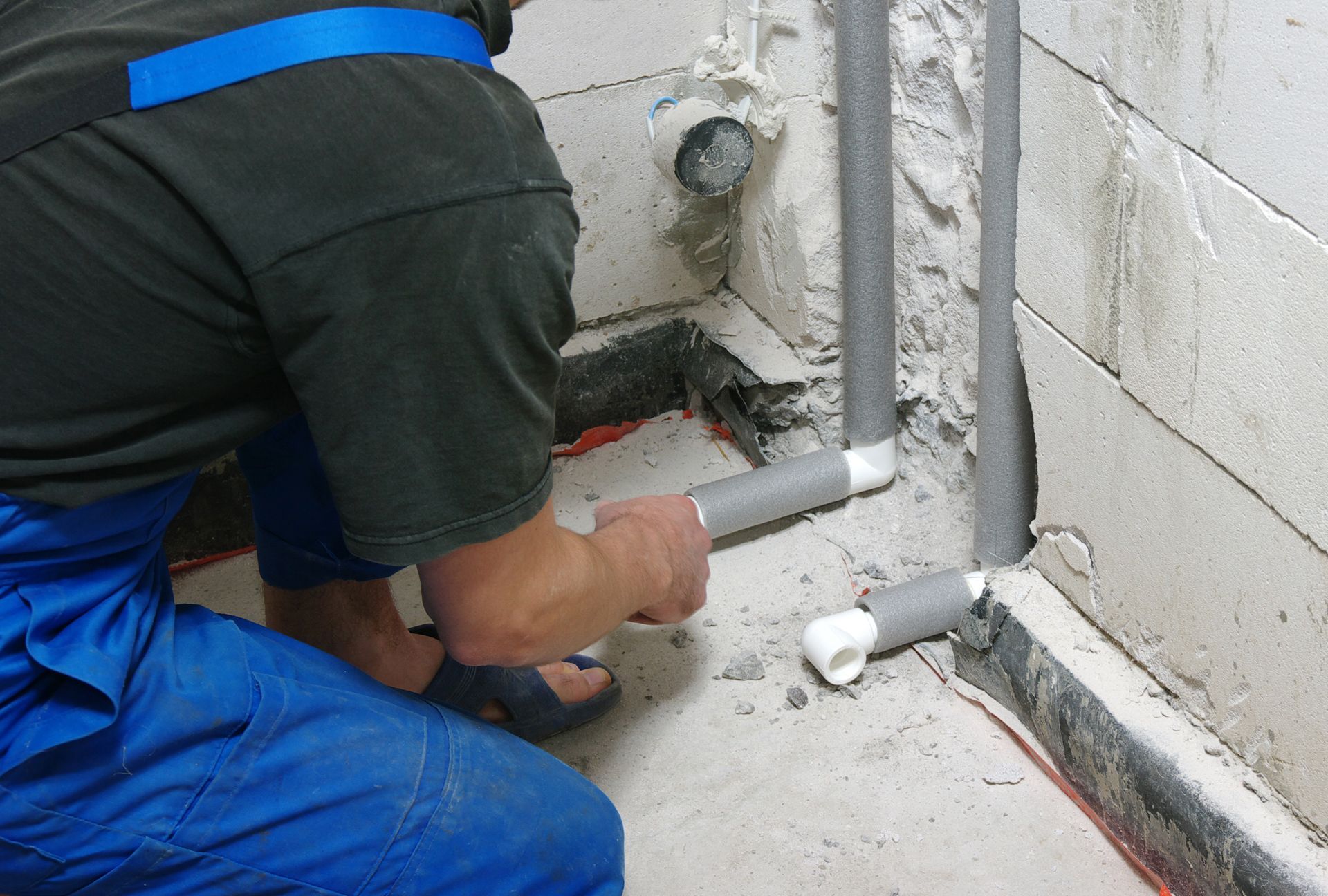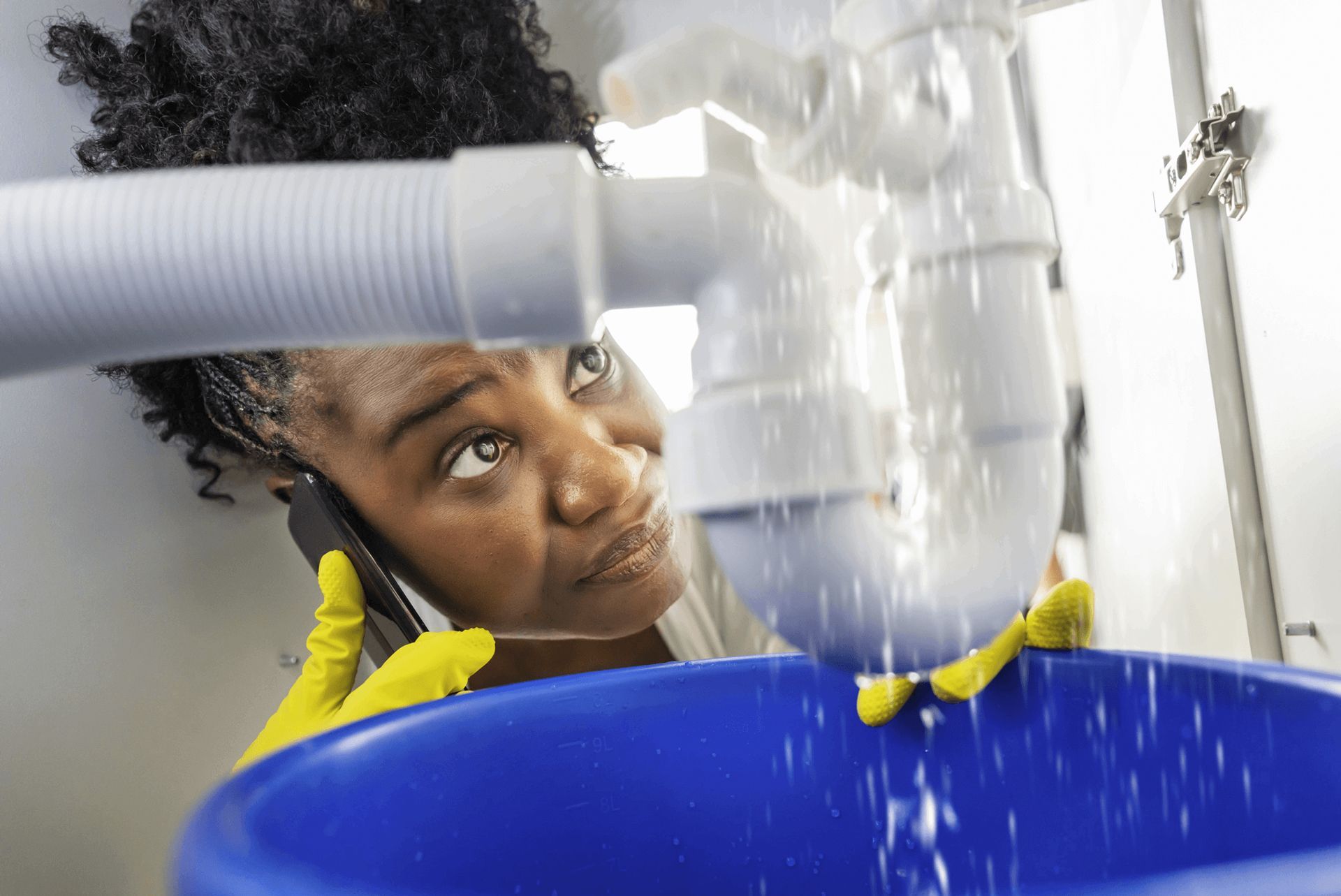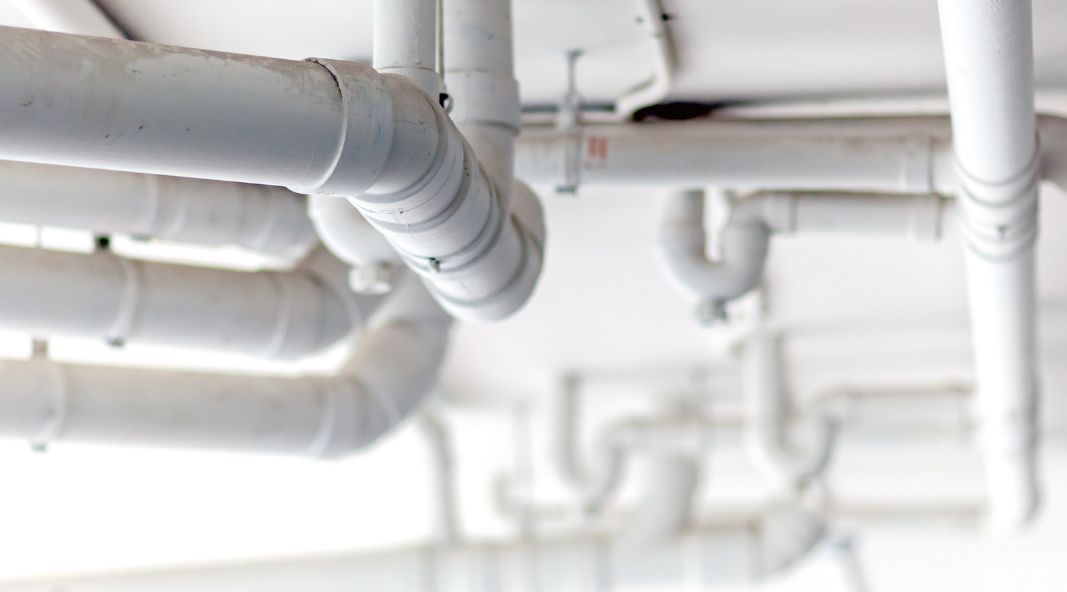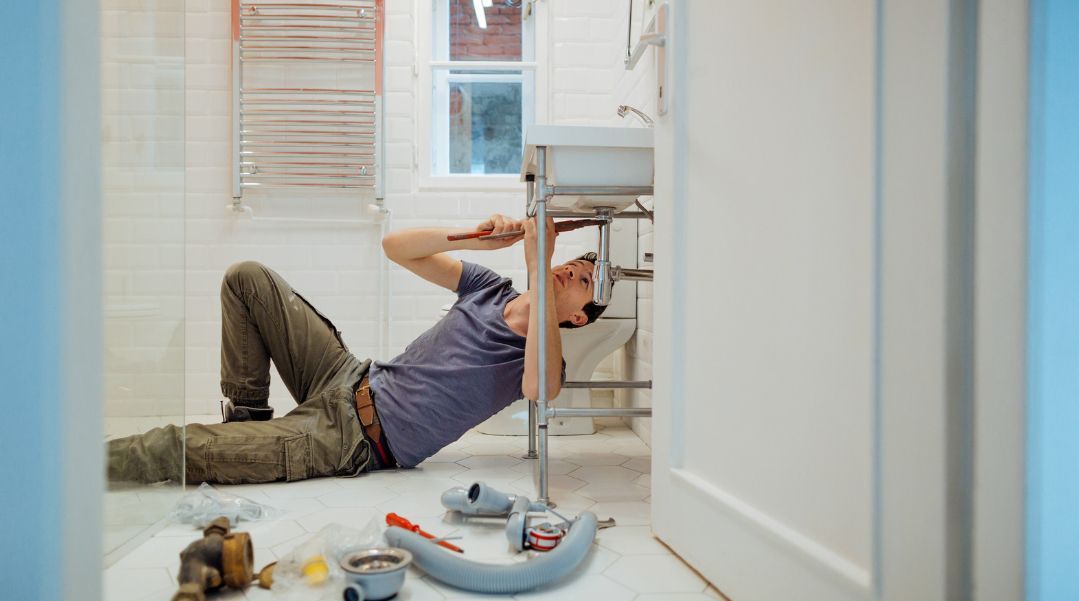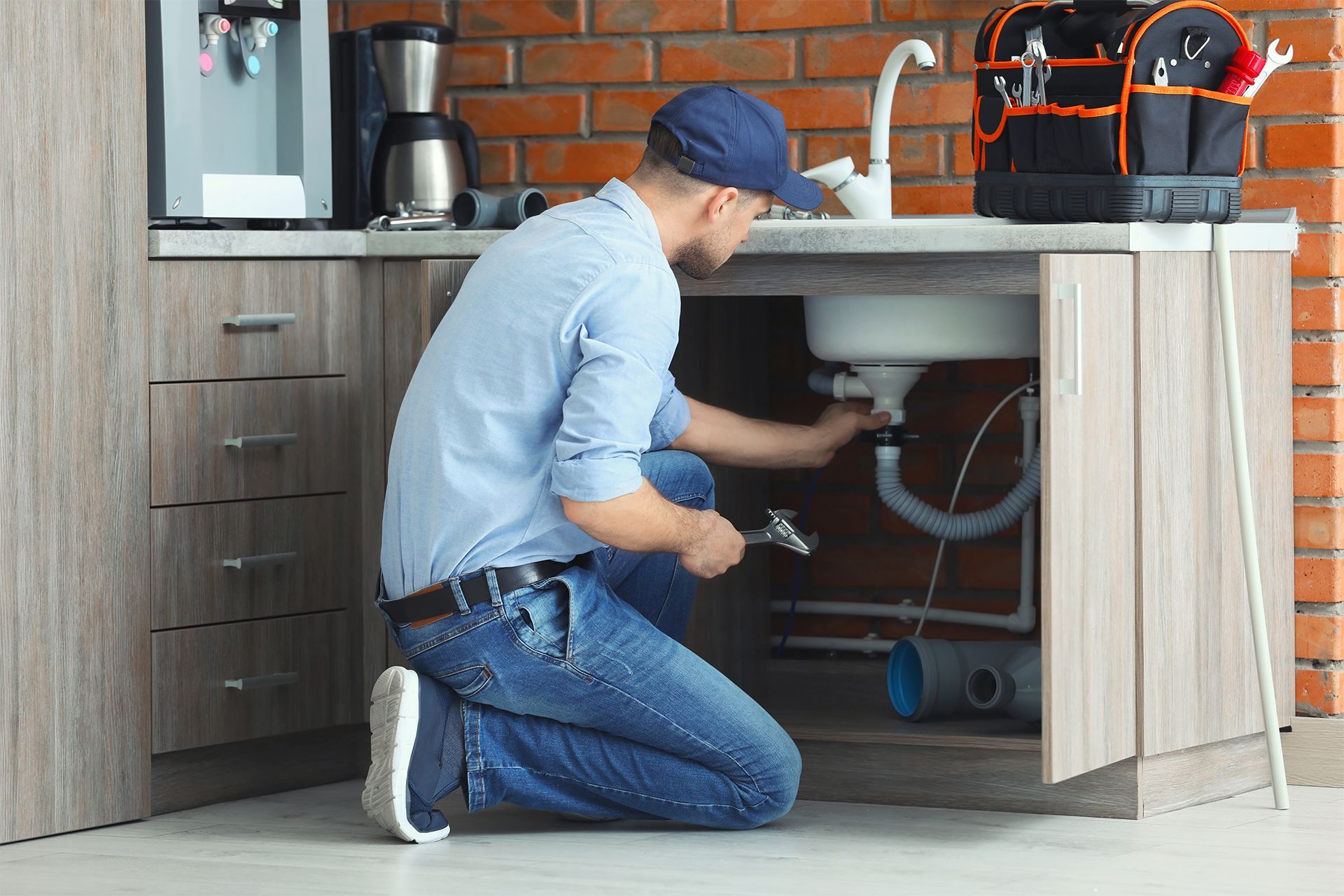How Long Do Water Heaters Last? A Practical Homeowner’s Guide
A water heater is a vital part of any home, providing indispensable hot water for everyday actions like showering, cooking, and sanitation. Recognizing how long do water heaters last is critical, as they are integral to the comfort and convenience of our modern lifestyle. With an operational water heater, simple activities like enjoying a hot shower or washing the dishes are greatly simplified. Therefore, grasping how long do water heaters last and maintaining their peak performance is crucial for any homeowner.
To fully value your water heater, it’s vital to know about their durability. How long do water heaters last? This can vary, with factors such as frequency of use, regular maintenance, and unit quality all playing roles. Grasping the longevity of water heaters is essential for homeowners to efficiently plan for repairs or replacements, ensuring a constant supply of hot water for daily requirements.
Factors Affecting Water Heater Lifespan
Various factors can influence a water heater’s lifespan, including the type of water heater used and the quality of maintenance and care it receives. Understanding these factors is essential for optimizing its longevity and performance, ensuring an efficient and reliable hot water supply for daily needs. Below, we will delve into the key factors affecting a water heater’s lifespan.
Type of Water Heater
Understanding the type of water heater is an important consideration when determining its expected lifespan. Traditional tank water heaters are common in households and typically have a lifespan of 8 to 12 years, depending on factors such as usage and maintenance. In contrast, tankless water heaters have a longer lifespan of 20 years due to their on-demand heating mechanism and energy-efficient operation.
Quality and Maintenance
Quality and maintenance play a significant role in determining the longevity of a water heater.
- Brand and Model: The brand and model of the water heater can significantly impact its durability and overall lifespan. Opting for reputable and well-established brands known for their quality construction and reliability can contribute to an extended lifespan.
- Installation Quality: The quality of the initial installation is critical in determining a water heater’s efficiency and longevity. Proper sizing, professional installation, and adherence to manufacturer guidelines are essential for optimal performance and durability.
- Regular Maintenance and Care: Consistent maintenance, including tasks such as tank flushing, checking for leaks, and timely replacement of worn-out parts, is crucial for prolonging the lifespan of a water heater. Neglecting routine maintenance can lead to premature wear and potential breakdowns.
By addressing these factors, homeowners can proactively maintain their water heaters and maximize their lifespan, ensuring a continuous hot water supply for their household needs.
Extending Lifespan: How Long Do Water Heaters Last?
Water heaters are essential for any household, providing hot water for various domestic purposes. In order to maximize a water heater’s lifespan and ensure it operates efficiently, it’s crucial to take proactive maintenance measures and timely repairs. Below are some ways to extend the lifespan of a water heater:
1. Routine Maintenance
Routine maintenance involves performing tasks that keep the water heater operating optimally and prolong its lifespan. Some of the essential tasks that homeowners can perform include:
- Flushing the Tank: Sediment buildup in the tank can lead to overheating, inefficiency, and potential breakdowns. Flushing the tank annually removes sediment and keeps it running efficiently.
- Checking and Replacing Anode Rods: Anode rods prevent rust and corrosion within the tank. Regular inspection and replacement can extend the tank’s lifespan.
- Insulating the Tank: An insulated tank prevents heat loss and reduces energy costs. Proper wrapping insulates the tank, keeping the water warm for longer and reducing the frequency of cycling the elements.
2. Addressing Common Issues Promptly
Timely repairs are essential in addressing issues that can cause a shortened water heater lifespan. Common problems include:
- Leakage and Rusting: Leaks and rust can occur due to tank damage, loose connections, or poor maintenance practices. Confronting such issues at the early stages of development can prevent a complete tank failure.
- Sediment Buildup: Sediment accumulation in the tank leads to overheating and, eventually, tank failure. Flushing the tank regularly can prevent sediment buildup and prolong the water heater’s lifespan.
3. Hiring Professional Services
Hiring professional services ensures the water heater operates optimally and extends its lifespan. Professional services include:
- Annual Inspections: Professional plumbers can perform yearly inspections, identify potential issues, and ensure the water heater runs efficiently.
- Plumbing Expertise for Repairs: Complex issues that arise from the water heater require professional expertise to avoid making costly mistakes. Plumbers have the necessary tools and knowledge to address the problem and prolong the unit’s lifespan.
Taking proactive steps to maintain and repair the water heater ensures it operates efficiently and extends the unit’s lifespan.
Signs of a Failing Water Heater
Recognizing these signs can help homeowners address issues promptly and avoid unexpected disruptions. Look out for the following warning signs:
1. Reduced Hot Water Supply
Inadequate hot water or a sudden decrease in hot water availability can indicate issues with the water heater. This could be due to sediment buildup, a failing heating element, or other internal problems.
2. Strange Noises and Odors
Unusual noises, such as rumbling, popping, or banging, along with unpleasant odors coming from the water heater, could signal sediment accumulation, mineral deposits, or potential corrosion inside the tank.
3. Leaks and Water Damage
Any signs of leaks, pooling water, or water damage around the water heater should be addressed immediately. Leaks can result from issues such as a damaged tank, loose fittings, or corroded components.
4. Inconsistent Water Temperature
Fluctuating water temperature, especially if the water switches between hot and cold during use, indicates a potential malfunction in the water heater’s heating elements or thermostat.
Prompt attention to these warning signs can prevent further damage and extend the water heater’s lifespan.
Replacement and Upgrading Options
When considering replacement and upgrading options for your water heater, it’s important to evaluate the age, efficiency, and condition of your current unit. Understanding the available technologies and energy-efficient models will help you make an informed decision for a lasting and reliable investment.
When to Consider Replacement
Knowing the signs indicating the need for water heater replacement is crucial. Consider replacement when:
- The water heater is over 10-15 years old, as older units may become less efficient and prone to failure.
- The unit requires frequent repairs, leading to increased maintenance costs and inconvenience.
- The water heater cannot meet the household’s hot water demands, indicating it may need to be undersized for the current usage.
Choosing a New Water Heater
When selecting a new water heater, several factors should be considered to ensure the right fit for the home:
- Energy Efficiency Ratings: Look for water heaters with high energy efficiency ratings, such as Energy Star certification, which can significantly lower energy costs and reduce environmental impact.
- Sizing Requirements: Properly sizing the water heater based on the household’s hot water needs is essential to ensure an adequate hot water supply without consuming unnecessary energy or wasting space.
- New Technologies (e.g., Heat Pump Water Heaters): Consider innovative options such as heat pump water heaters, which use energy-efficient technology to transfer heat from the surrounding air to the water, offering potential energy savings.
Hiring Professionals for Installation
Professional installation is crucial to ensure the new water heater is appropriately integrated into the existing plumbing system and operates efficiently. Hiring professionals can provide many benefits, such as:
- Proper installation according to local building codes and safety standards.
- Expertise in handling various water heaters, ensuring a seamless and reliable installation.
- Warranty coverage and adequate setup, maximizing the lifespan and performance of the new water heater.
Maximize the Lifespan of Your Water Heater with Showtime Plumbing LLC’s Installation and Repair Expertise
Showtime Plumbing LLC understands the importance of maintaining your water heater to ensure optimal functionality and longevity. Homeowners can prevent premature water heater failure and costly repairs by following key maintenance practices such as flushing the tank, inspecting and replacing anode rods, and addressing common issues promptly. Regular maintenance extends the water heater’s lifespan and improves energy efficiency and overall performance.
When considering the lifespan of your water heater for future planning, trust Showtime Plumbing LLC’s expertise in installation and repair services. Contact us today to schedule an inspection or maintenance service or to discuss upgrading options to maximize the lifespan and efficiency of your water heater.
